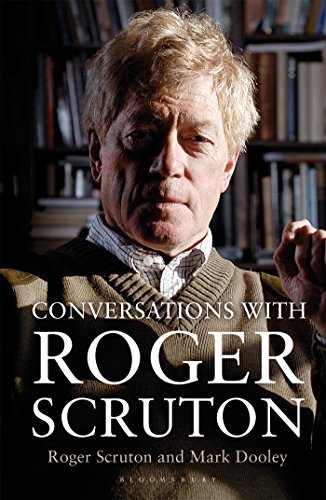What do you think?
Rate this book


Hardcover
First published July 26, 2016
He was a bachelor of 40 years, still living with his parents. His face was pale and thin, with grey eyes that seemed to fade away when you looked at them. His alabaster hands with their long white fingers; his quiet voice; his spare and careful words; his trousers, rubbed shiny at the knees; and his Adam’s apple shifting up and down like a ping-pong ball in a fountain – all these seemed totally out of place in our suburb and conferred on him an air of suffering fragility that must surely have some literary cause. (GR 7)
One day the last portrait of Rembrandt and the last bar of Mozart will have ceased to be – though possibly a coloured canvas and a sheet of notes may remain – because the last eye and the last ear accessible to their message will be gone.
His socialism was not the forward-looking, theory-driven machine that purred in our universities, waiting the countdown to zero. It was a homegrown local product, which had home-growing and local production as its aims. Its roots were in the Anglo-Saxon moots and witenagemots, in scutage and gavelkind, in the Peasants’ Revolt and the Statute of Labourers, in Piers Plowman, Tyndale’s Bible, and Everyman. My father’s goal was not the classless society of the Marxists, but the tranquil order of the English country town, the order described by Thomas Hardy. (GR 257)
[Science] leads us from the observed event to the laws which govern it, and onwards to higher and more general laws. But where does the process end? If each new answer prompts another question then scientific explanations are either incomplete or endless... But in that case science leaves at least one question unanswered. We still don’t know why the series of causes exists.... Even if we conclude that the universe began at a certain time from nothing, there is something else that needs to be explained, namely, the ‘initial conditions’ which then obtained. Something was true of the universe at time zero, namely that this great event was about to erupt into being, and to generate effects in accordance with laws that were already, at this initial instant, sovereign. And what is the why of that? A positivist would dismiss such a question as meaningless. So too would many scientists. But if the only grounds for doing so is that science cannot answer it, then the response is self-serving. Of course the question has no scientific answer: it is the question beyond science, the question left over when all of science has been written down. It is a philosophical question. (CWRS 23)
In the narrow street below my window the students were shouting and smashing. The plate-glass windows of the shops appeared to step back, shudder for a second, and then give up the ghost, as the reflections suddenly left them and they slid in jagged fragments to the ground... The air was filled with triumphant shouts, as one by one lamp-posts and bollards were uprooted and piled on the tarmac, to form a barricade against the next van-load of policeman. (GR 48)
What, I asked, do you propose to put in place of this ‘bourgeoisie’ whom you so despise, and to whom you owe the freedom and prosperity that enable you to play on your toy barricades? What vision of France and its culture compels you? And are you prepared to die for your beliefs, or merely to put others at risk in order to display them? (GR 50).
Jack Scruton was awakened from the paralysed gloom in which he had been plunged by my mother’s death. He looked out from his solitude at what was happening beyond the window of the living room (which had been her dying room) and declared uncompromising war on it. (GR 258)
My father, had he lived to see it, would have viewed it as the final triumph of capitalist consumerism. He believed that cities are built, and civilizations sustained, from the human need for permanence. The postmodernist project is an attempt to deny that need... (275).
The hunter-gatherer is supported by the environment; the farmer supports it. We have re-made the relation between man and nature as one of mutual dependence. So if farming is to be done properly, it must also be a nurturing and a tending of the land, a kind of stewardship. (CWRS 130)